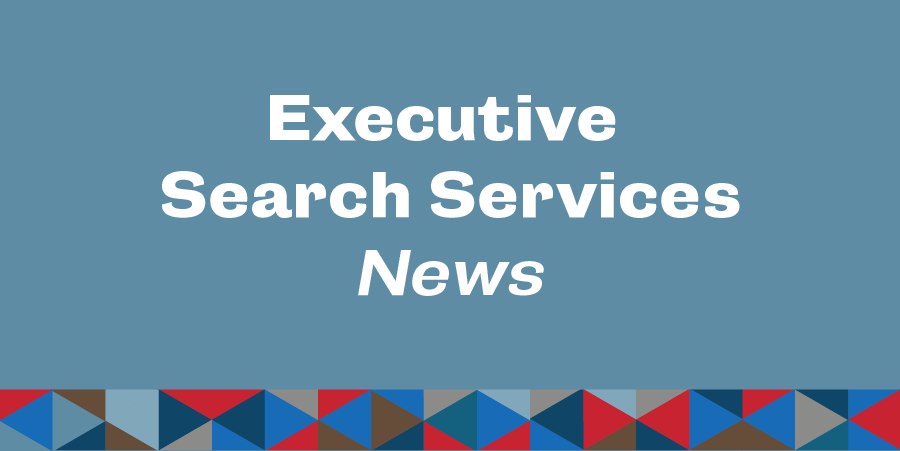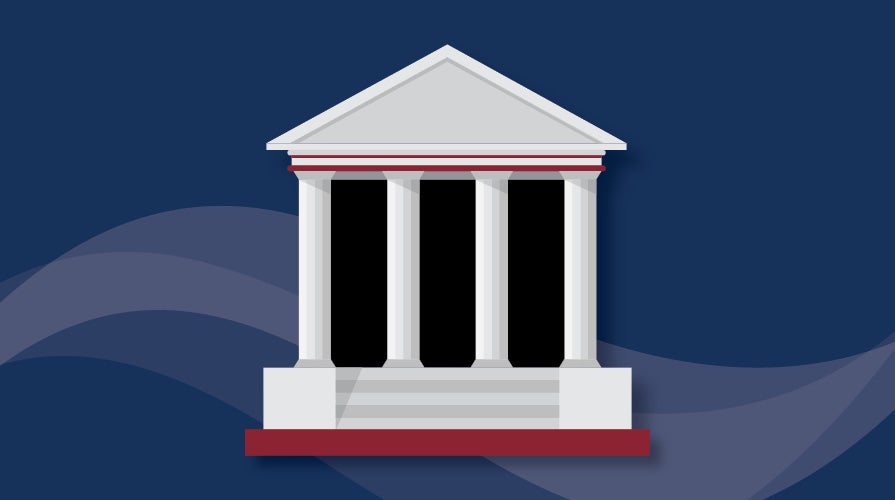H-1B Visa Changes
Editor's note: A lawsuit was filed in the Federal Court of the Northern District of California seeking to stop the H-1B changes. While the lawsuit references the impact of H-1B changes on Texas school districts, this lawsuit does not appear to impact Texas schools. An additional lawsuit was filed on Oct. 16 by the U.S. Chamber of Commerce which could have broader implications.
An increase to the processing fee for new H-1B visa petitions and proposed changes to the application process may impact educational entities’ ability to hire foreign workers.
H-1B Visas
H-1B visas allow U.S. employers to employ foreign workers in specialty occupations. This visa is typically valid for an initial period of three years and can be extended for a maximum of six years. The number of visas granted annually are capped by Congress. The H-1B cap for regular visas of 65,000 and the U.S. advanced degree cap of 20,000 have already been met for fiscal year (FY) 2026.
Some public school districts may qualify for a cap exemption if they meet certain conditions, such as:
- Operating as a not-for-profit organization
- Having received approval under the numerical cap exemption since 2006
- Maintaining an affiliation agreement with a university
In FY2024, there were 23,778 visas approved for education occupations, representing 6 percent of the total nationwide. Of those, 58 percent were granted for initial employment, and 42 percent were for continuing employment.
Increased Petition Fee
Effective Sept. 21, 2025, the required fee to submit an H-1B visa petition increased to $100,000. This does not apply to current visa holders or those renewing them. The increase in fees for H-1B visa petitions will apply to new, prospective applications during the next lottery cycle, which is predicted to begin in March 2026.
An H-1B FAQ with details about the new fees is available on the U.S. Citizenship and Immigration Services (USCIS) website.
Lottery System Changes Proposed
A proposed change to the lottery selection process would implement a weighted selection process favoring higher-paid and more skilled workers.
Currently, the USCIS conducts a lottery selection process to determine which applicants move forward in the approval process. In the first round, USCIS randomly selects 65,000 eligible applicants with a bachelor’s degree or higher. A second round is held for applicants who were not selected in the first round but hold a U.S. master’s degree or higher from eligible universities. An additional 20,000 applicants are selected in the second round.
A proposed rule from the Department of Homeland Security would alter the lottery system to a weighted selection process, prioritizing higher-paid and higher-skilled workers. Weighting will be based on the beneficiary’s proffered wage level, with the number of entries corresponding with the U.S. Department of Labor Occupational Employment and Wage Statistic wage level (e.g., level I = 1 entry, level II = 2 entries).
The proposed rules for the Weighted Selection Process for Registrants and Petitioners Seeking to File Cap-Subject H-1B Petitions were published in the Federal Register on Sept. 24 and have a 30-day comment period ending Oct. 24, 2025. If finalized, the new system could be in place for the March 2026 H-1B lottery.
HR Services

Subscribe to HRX
Stay up to date with all the latest HR news and trends by joining the HRX mailing list!





